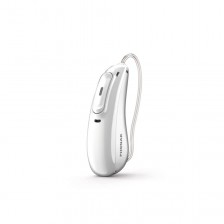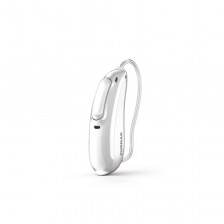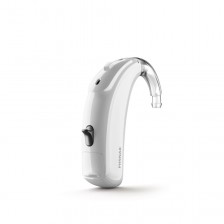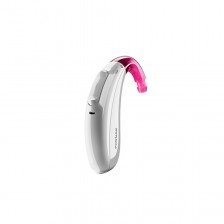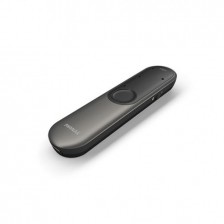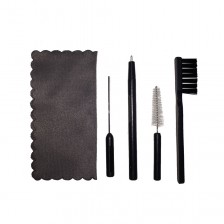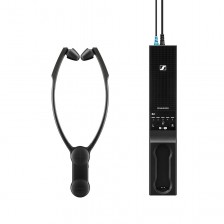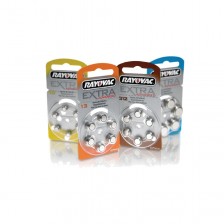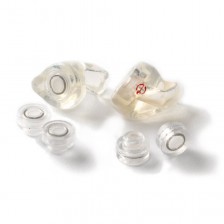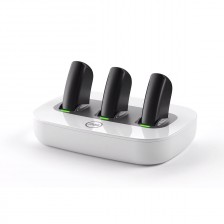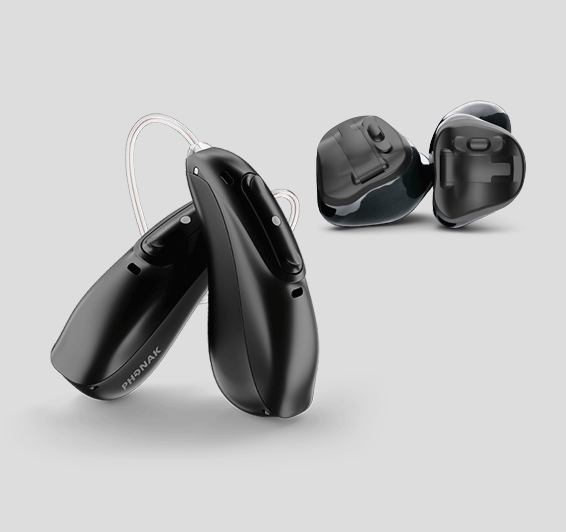What is tinnitus?

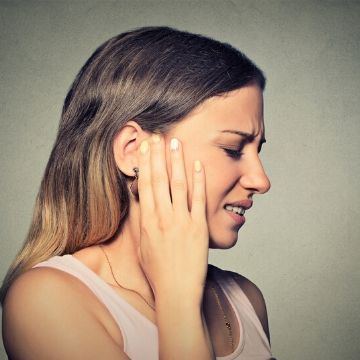 Tinnitus (also known as tinnitus) affects about 10% of the world's population. It is a hearing condition whose main symptom is a constant whistle (it may have other associated symptoms such as vertigo or dizziness) and its causes are found in numerous factors, from neuronal dysfunctions to even stress.
Tinnitus (also known as tinnitus) affects about 10% of the world's population. It is a hearing condition whose main symptom is a constant whistle (it may have other associated symptoms such as vertigo or dizziness) and its causes are found in numerous factors, from neuronal dysfunctions to even stress.
Types of Tinnitus
The great differentiation between the types of tinnitus is found in the perception of the beep or sound. Subjective tinnitus is the most common, and in it only the patients perceive it. However, in the case of Objective Tinnitus, not only the patient perceives the sound, but also the doctor. These are really strange cases.
Once this differentiation has been made and depending on the point of view from which it is approached, tinnitus can be classified in different ways.
According to the origin of its cause:
-. Idiopathic Tinnitus
Of unknown origin and without any apparent specific cause, it is the most common in cases that are not related to hearing disorders.
-.Neurological Tinnitus
The cause is neurological disorders, which mainly affect the auditory functions of the brain, and are often accompanied by dizziness, vertigo and accompanied by dizziness, vertigo and balance problems.
-. Sensory Tinnitus
It is a type of subjective tinnitus, and can be caused by various disorders that affect the way our brain perceives sounds.
-. Somatic Tinnitus
It is caused by a disorder outside the auditory system, and is usually associated with physical movement (muscle spasms, for example).
Depending on how the sound is perceived:
-. Tonal Tinnitus
In this type of tinnitus there is a constant perception of sound, and its volume can increase or decrease. It is normally associated with subjective tinnitus.
-. Pulsatile Tinnitus
Also called vascular tinnitus. The affected person perceives sounds in the form of "blows" or rhythmic pulsations that go to the beat of the heart.
It is very rare, but is one of the most dangerous, as it may be the indication of some cardiovascular disease, so it is essential to see a doctor.
-. Musical Tinnitus
It is the least common and habitual in elderly people or people with a previous hearing impairment... Patients who suffer from it hear a kind of "musical melody" caused by the union of different tones in the brain.
Depending on the duration:
-. Acute Tinnitus
The shortest duration, from a few hours to 3 months.
-. Subacute Tinnitus
With a duration of up to 6 months.
-. Chronic Tinnitus
It is long-term tinnitus, lasts more than a year and in most cases, are permanent.
Can tinnitus be cured?
The origins of tinnitus can be very diverse and depending on the cause, they must be addressed from one point or another, but being aware that in many cases the affected person will have to learn to live with the sound in their daily life.
Sound therapy as an aid to improve tinnitus
Tinnitus cannot be eliminated by sound but its symptoms can be considerably improved with this type of therapy. The affected person will concentrate on listening to selected sounds to help them stay focused and forget their tinnitus, at least temporarily.
Improve tinnitus symptoms with vitamins
Recent studies reveal that if the patient is strengthened by supplementing the symptoms of tinnitus with certain vitamins. Specifically, magnesium, vitamin B12, vitamin C, and zinc.
Magnesium
The U.S. National Center for Molecular Biology Information, in this study, concludes that magnesium has positive effects on the perception of tinnitus-related hearing impairment.
Vitamin B12
Although it is present in proteins of animal origin, although it is sometimes necessary to supplement, either by deficiency of the same (in the case of patients with tinnitus, it is observed that more than 50% have B12 deficiency) or also for vegan patients, who do not consume products of animal origin.
Vitamin C
It provides great benefits to patients due to its antioxidant properties.
Zinc
Zinc is a fundamental trace element present in all human tissues and organs, including of course the hearing system. Numerous studies point to zinc deficiency as one of the causes of tinnitus, so supplementation has very positive results and reveals an improvement in symptoms.
